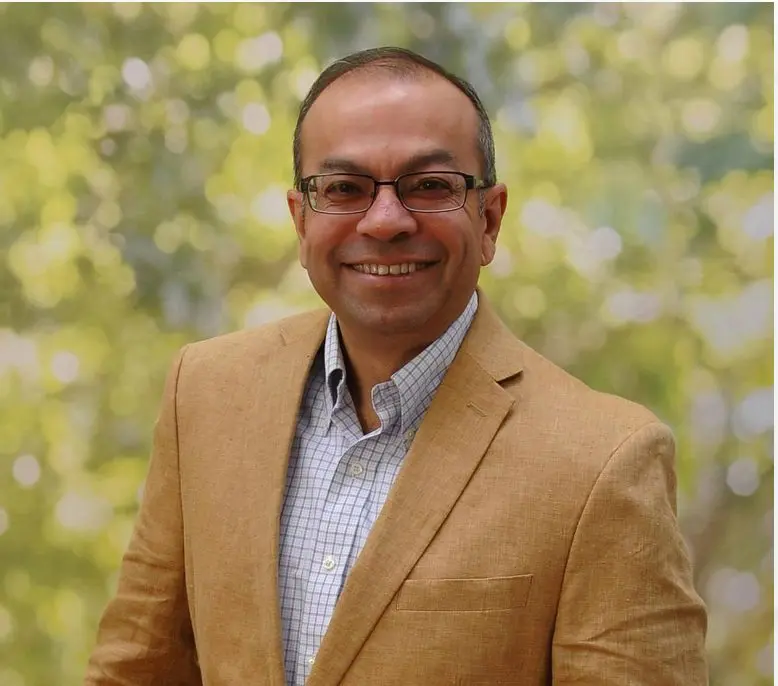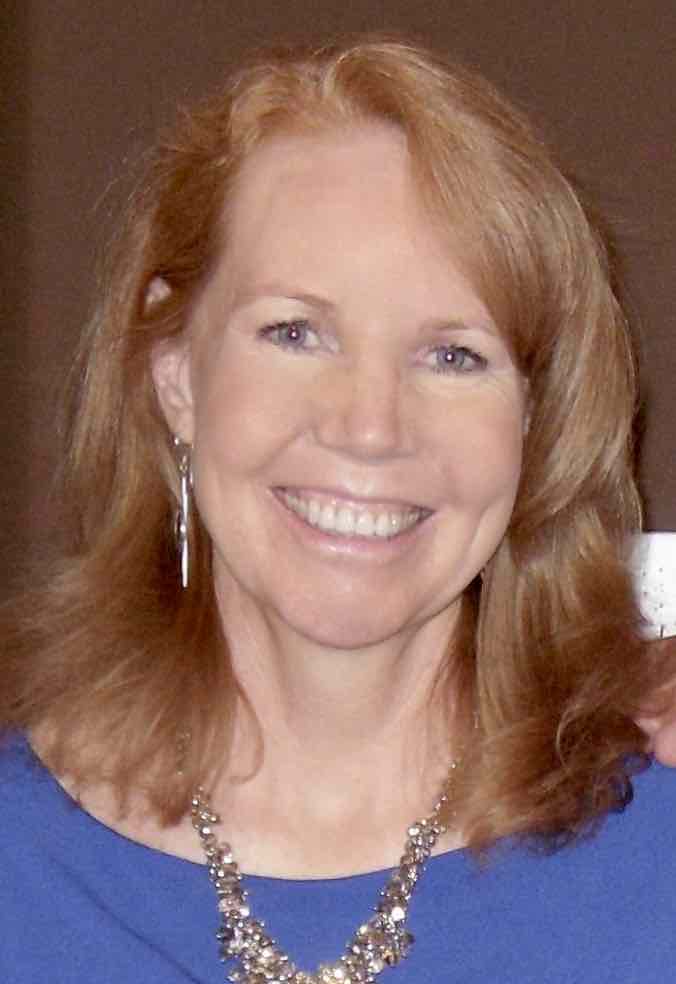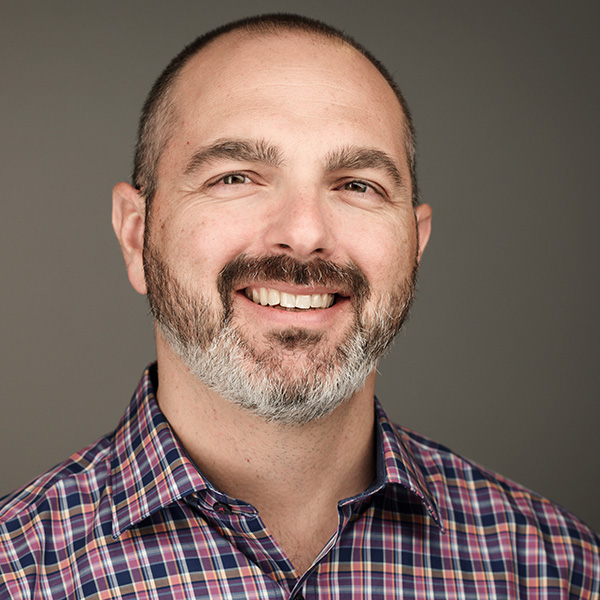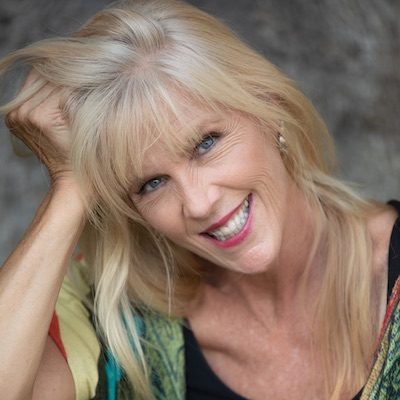Profit Comes First: Cash Flow Mastery For Your Small Business With Rocky Lalvani
When business owners go into business, it’s easy to assume that’s because they understood the business. But that’s the furthest thing from the truth. They went into business to do what they loved, and things like cash flow aren’t necessarily first on their minds. In this episode Rocky Lalvani of Profit Comes First discusses the crucial role of cash flow to small business success. Discover why it’s crucial to prioritize understanding your business’s financial health, even if numbers have never been your strong suit. Rocky shares valuable insights and practical strategies to help business owners thrive in an ever-changing and challenging financial landscape. If you’re a business owner or aspiring entrepreneur, this episode is your gateway to unlocking the secrets of effective cash flow management. Tune in to gain the knowledge and tools you need to secure your business’s financial future and turn your passion into lasting prosperity!
Watch the episode here
Listen to the podcast here

Meet Our Guest
Rocky Lalvani
As Chief Profitability Advisor, Rocky helps small business owners maximize their business’s PROFIT so that they have time and freedom to do what they love. He is the host of The Profit Answer Man & Richer Soul Podcasts.
Profit Comes First: Cash Flow Mastery For Your Small Business With Rocky Lalvani
I would like to welcome you to another terrific episode. We are targeting the business owner. Why the business owner? If you’re a small business entrepreneur, you are always fighting for cashflow. We’ve got Rocky Lalvani on here. It’s very exciting. Welcome, Rocky.
Thank you so much for having me here, Elliot. I’m excited for our conversation.
We’re going to talk about cashflow. Rocky is the owner of Profit Comes First. He’s a cashflow expert for small business owners. I’m excited because we usually get the consumer type of person, and now we’ve got a business type of person, which is great. If you have businesspeople in your family and entrepreneurs, your children have taken over your business, or you’re thinking about the next step, that’s where Rocky is going to come in and talk about cashflow.
I’m excited for another reason too. I don’t know if you’ve seen my new book called DRIVEN. Adam and I wrote this book. We are Amazon bestselling authors. That’s exciting. Go to Amazon and say, “Please send me DRIVEN by Elliot Kallen.” You can reach me at Elliot@ProsperityFinancialGroup.com, (925) 314-8503, or www.ProsperityFinancialGroup.com. There are lots of great ways to reach me.
Rocky, many business owners don’t understand cashflow, and I’m one of them. When I started in my twenties, my company grew at 30% a year, and I kept running out of Money constantly. Even now, sometimes I stay up at night thinking about payroll, decades into this business. I got plenty of money to pay payroll but it doesn’t mean I can Sleep at night knowing that. I’m always worried about that.

I know you’ve got a background as a fractional CFO. Most of our clients are business owners, and we’re always talking to them about 401(k)s and cash balance plans if they have a lot of cash on hand but we’re not talking to the people with a lot of cash on hand. We’re talking about the people who go to work every day, and it’s a little bit of a struggle with cash. They’re going to be our primary target. Why don’t you define first what the problem is and then how you with your background would solve that? Is that good?
That works. This was a big a-ha for me. When business owners go into business, I would assume they go into business because they understand the business of business and want to be a business owner. What I found out is that was the furthest thing from the truth. They went into business to do what they loved. Accounting wasn’t usually on the list unless they were an accounting practice or a bookkeeping practice. Most business owners don’t pay attention to the numbers, and it’s no different than personal Finance. Most people, unfortunately, don’t pay attention to their personal finances.
When business owners go into business, you’d assume that’s because they understood the business. But that’s the furthest thing from the truth.
If you’re not looking at the numbers, you’ve got no idea what’s going on. The traditional way for business owners to solve this is to do what you did, which is to grow at 30%. They assume that if we grow, it will solve all problems but the reality is Growth causes massive cashflow problems because the money may not be coming in as fast as the growth. It depends on the business model. If you haven’t thought that through, planned for that, and understood that, then you are going to struggle with this.
That is what we’re up against. I’m a personal finance junkie. I came from the personal finance space. I know how to automate, build wealth, and do all of that in the traditional ways by creating excess and letting experts like you make it grow. That’s my belief. Business owners should do the same. The problem is they struggle with, “How do I create the excess? How do I make payroll? How do I pay for my cost of goods? How do I make my monthlies that need to be done?”
The reality is most business owners are not going to open up their QuickBooks or whatever software they’re using, look at it, and make decisions. Part of the reason they don’t do that is because all of that stuff is the rear-view mirror. You sell investments so you give everyone a warning. Past results don’t take the future. The reality is the same thing in business.

What happened two months ago doesn’t tell you what’s in the bank now and what’s happening tomorrow. That in itself is the problem that most business owners face. I realized how to fix it but I realized I wanted to help people fix it. I didn’t want to write about it. I didn’t want to create systems. I didn’t want to write books and be a bestselling author like you. It was not my thing until ChatGPT came out. Now, maybe I will but we will see about that. It’s not my thing.
You can do the ChatGPT. You’re only going to be 40% accurate but who cares?
I partnered with Mike Michalowicz who wrote the book Profit First. He’s a serial entrepreneur. What he did was he took the same principles I was using in personal finance, brought them to business finance, and automated business finances. What happens in the Profit First book is every time a dollar comes into the business, you give that dollar a job and send it to do that job.
We believe that the first dollar should go to profit. That first cut, you go to profit. The second thing that you should do is pay yourself. The third thing you need to do is pay the IRS because they now have guns and they come after you. They will take all your money regardless of whether you like it. What’s left is what you spend on your business. You’re constraining your expenses. You’re making sure that you get paid first and that the business is profitable, and then we cover expenses.
We’re not stiffing people. This isn’t about greed. This is about understanding that your business needs to live on a budget just like people need to live on a budget. Everyone hates the word budget. Budgets are like diets. I get it. Most business owners ask the question, “How much do I have to spend? How much can I take out of my company?” They don’t know how to answer those.
Your business leads to live on a budget.
In the book, Mike gives every business owner a target to shoot for based on revenue. You take your money, put it in those different buckets, and then use the money as allocated for the intended purposes. When you run out of money, you realize, “I better do something different.” It gives you a much earlier warning signal and tells you your business isn’t as profitable or healthy financially as you might have thought it was. Does that make sense?
It does but I want to be a contrarian with you for a moment because I am also a business owner. We as Prosperity Financial Group provide 401(k) and profit share, both product and advice. We do portfolios for business owners. Sixty percent of our clients are entrepreneurs. We do all the money stuff, and that sounds good but we’re in California. We have the highest cost of labor in the country. The most benefits we must apply to this. Most labor laws are constraining us on how to do business. One of the highest rents in the country is in San Francisco and New York City. We are killed in overhead.
When we talk about starting a business and saying, “Pay me first,” I have to tell you that so often, I always feel like I’m paying myself last because everybody has to get paid before me because the overhead is so doggone high. It’s hard to fathom that I’m going to pay myself first when I’ve got sixteen people depending on me to go out every day and write business. I’m hoping that they’re writing it too. How do I get the mindset on how to take care of my family first when I’ve got employees and livelihoods that depend on me 100%?
This is where people mistake Profit First. They think that by saying, “Profit first,” you are going to pay yourself out and screw your people over. That is not the case. That is not what this is about but it is a mindset shift. You told me that doing business in California is expensive. One of the biggest things we will tell people is, “Before you begin your business, let’s model it out. Let’s look at all those expenses and then how much you’re selling stuff for.” Ask yourself, “Is there a margin here?” If there’s no margin here, then you’re not in a good business, or at least you’re not in a good business for California or you’re not in a good business model that’s going to give you the money to take care of your family.
If the business owner isn’t on solid ground, and if every morning, you come into work worried about payroll but more importantly worried about the fact that your kid has no lunch money, you’re not going to do a very good job. You do have to think through this. You do have to take care of your family. You also have to take care of your employees. What we do beyond this is to sit down, model all of that out, and say, “How much extra is there?” and then hold you to that. Too often, business owners throw money at problems instead of thinking through and being more resourceful. It’s easy when you have a problem to throw money at it. We do it personally. We do it in business. This is a system that tells you to think a little bit differently about your business.

I’ve always wished in my career that I have a CFO because they would be the Jiminy Cricket for my ego making sure that we’re doing it at the right time at the right place unemotionally. You’re a fractional CEO for many businesses. Can you explain what that is and how I as a business owner can’t afford a CFO with my size?
That is the biggest struggle. Most Small Businesses can’t afford the experts that they need to survive. What I realized is most small businesses such as yours don’t need somebody on staff full-time. They need a couple of hours to understand what is going on in their business, what their model looks like, and what’s the next step that they need to go take, and then they’re going to spend hours working on that. What we do is come in, look at your past behaviors or your past flow of where the cash is going, and evaluate everything. We’re different from accountants. We’re not looking in the rear-view mirror. We’re trying to always look forward, “What’s next?”
We start with something simple. You mentioned you have salespeople. They go out and sell stuff. Where we start is, “How many leads do your salespeople have?” You don’t need to answer that in a second. Let’s say you’ve got five salespeople. Every morning, they get ten leads. How many are they closing that day? Maybe you’ve got one who closes two every day. Maybe you’ve got one who closes five every day. Hopefully, you don’t have one that closes zero every day. Maybe you’ve got one who closes twelve every day. Now you’ve got a question to ask, “How do I have a sales guy who gets 10 leads and closes 12? What is he doing differently than the person who’s closing two? Why is the person only closing two?”
You start to realize the person who’s closing two needs sales training. We don’t need to spend more money. We don’t need to hire another salesperson. We need to make sure that we properly train that salesperson. What is the guy doing who’s selling twelve a day? Every time he closes a deal, he asks for two referrals. Every day his 10 leads turn into 30 leads, and he’s closing a couple of extra right there. That’s how he built his business. How do we take that knowledge, resourcefulness, or smartness, put it onto our other people, and create a culture and behavior of doing things differently?
You’re in a particular type of business but let’s go to a more simpler business. If I’m in a business selling sandwiches every day, am I charging enough for my sandwich that when I sell my sandwich, I can cover all the cost of food, the cost of labor, the cost of my building and my insurance, the cost of putting money into a 401(k), and my salary? Most business owners don’t even know what that number is.
What we do is we help them make sure that they’re appropriately pricing it so that they know to do that. We also prevent them from the shiny object syndrome. You take a guy in the trades. Most of them get excited about a new truck. Can you blame them? It’s a nice new Ford or whatever they want to buy. The accountant calls them up and says, “If you buy a truck, you get a tax deduction.” Now we have lit the guy on fire. What he doesn’t realize is if you buy a $100,000 pickup truck and you’ve got a 10% profit margin, you have to go out and sell $1 million worth of services to pay for that truck but nobody told them that.
That’s the type of insight and knowledge we bring them so that they’re not making silly decisions on taxes that ruin their cashflow for tomorrow because now they’re stuck paying for that truck forever. A lot of what we do is help them understand the math of their business, how it flows, and where there’s a problem that can be solved by paying attention to it, not throwing money at it. We’re helping them to understand where the biggest levers are in their business.

Business owners and people who know entrepreneurs are going to want to meet you. They’re going to want to talk to you and have a conversation. How do they reach you, Rocky?
The best way is to come out to the website. The website is Profit Comes First. There’s also a link there to my podcast, which is called Profit Answer Man. You find that anywhere. On the Profit Answer Man, we teach all of these principles. We share all of what we do with our clients. We help you to understand your business in a different way and how to think differently about it. All the stuff we do, you can learn for free. We share everything we do for free.
We have been talking to Rocky Lalvani. He is a fractional CFO and a cashflow expert. Every small business entrepreneur can reach out to Rocky for free, have a conversation about their business, and see if it fits with them. Rocky, I want to thank you very much for that. I’m going to remind you to get on Amazon and order DRIVEN by Elliot Kallen. Write Elliot Kallen and it will pop up.
Thank you so much for having me here.
Have a great day, everybody. We will see you again soon.
Important Links
The post Profit Comes First: Cash Flow Mastery For Your Small Business With Rocky Lalvani appeared first on Prosperity Financial Group | San Ramon, CA.

























